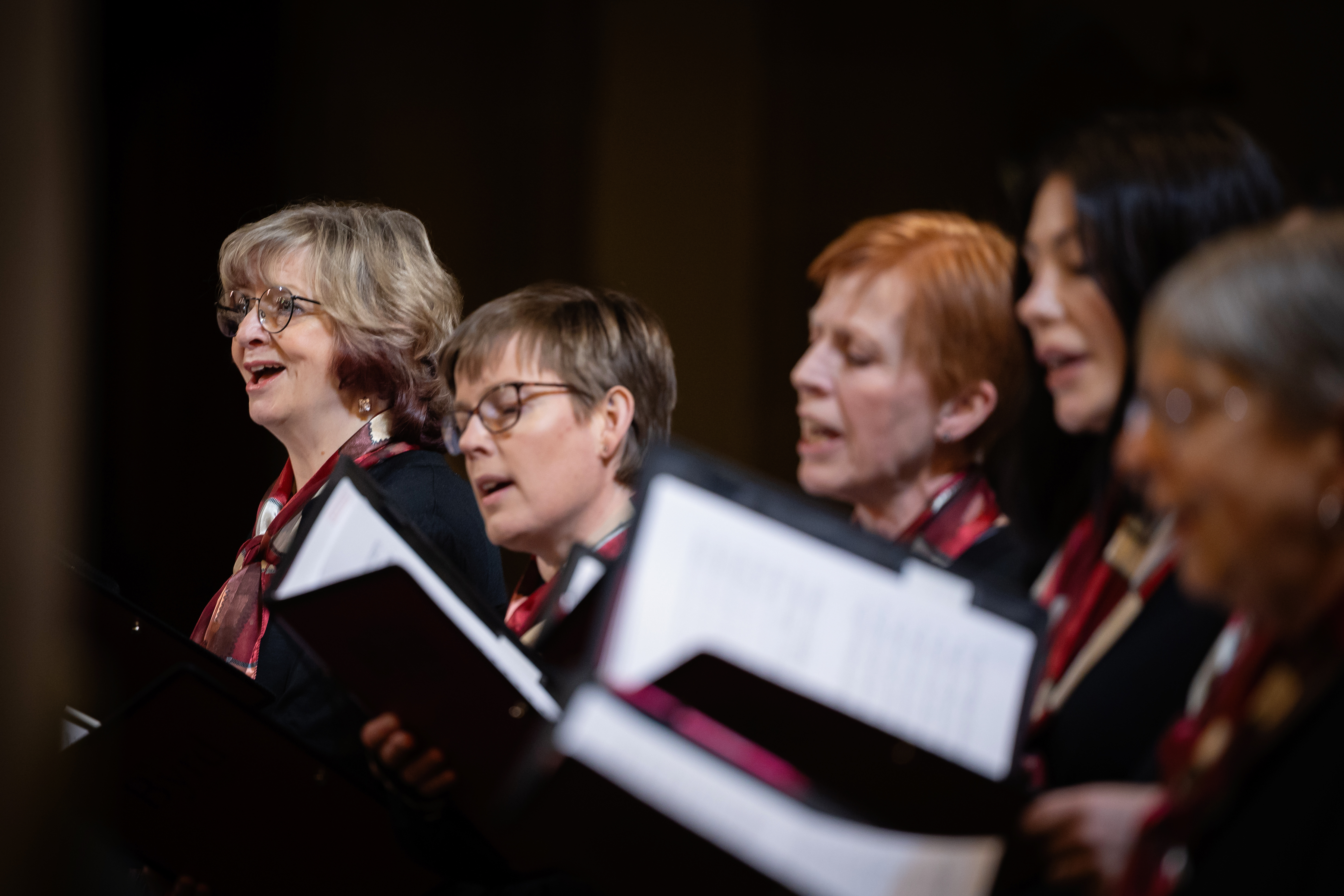Orrell: A Benedictine Anthem
In July 1991, the Archbishop of York led a service in Shrewsbury Abbey during the period when Keith Orrell was Director of Music there. He collaborated with the then curate Peter Myers to create a short piece, A Benedictine Anthem, for the occasion.
The piece was enjoyed by choristers and listeners alike and was repeated a few weeks later in the Archbishop's final service before he moved to Shrewsbury RC Cathedral. The music conjures up the medieval world of the Shrewsbury Benedictine monks (reinvented in the Cadfael books by Ellis Peters) whose rule was ‘to work is to pray.'




